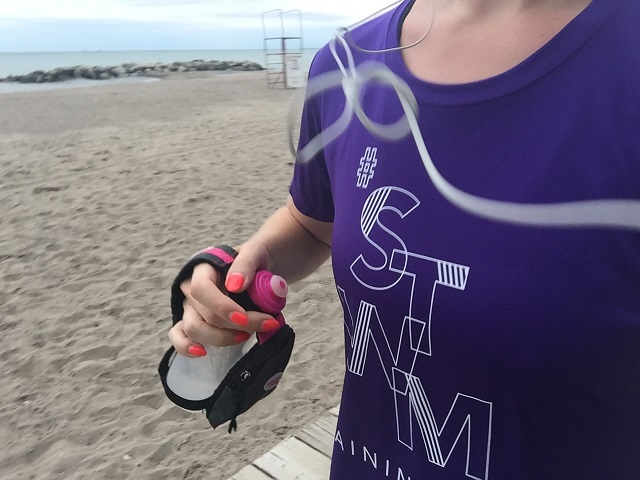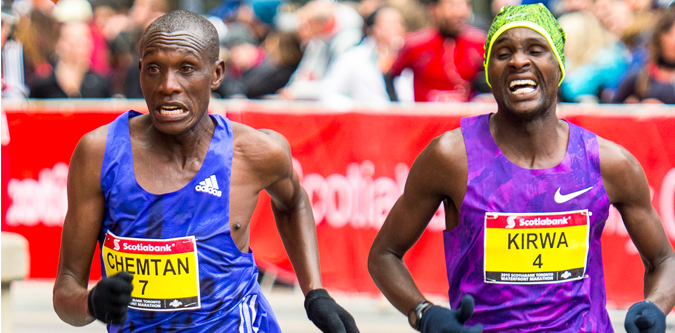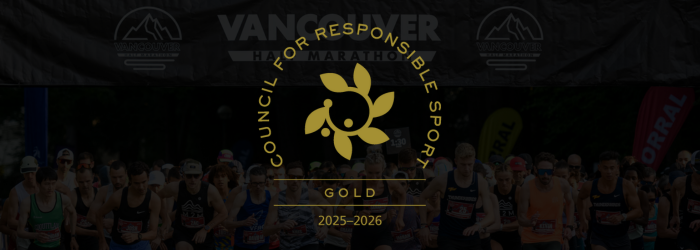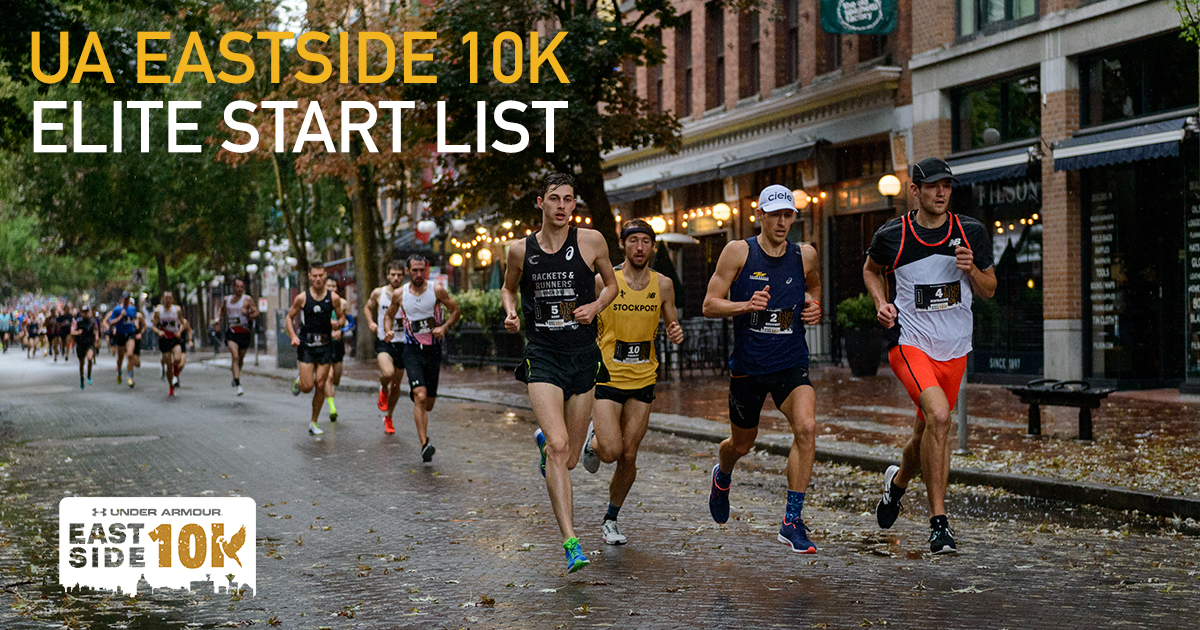
September 19th, 2016 – By Amber Daughetry
When I first started running, I didn’t know where to go. I hadn’t heard of MapMyRun or joined a running group, so I would put on my shoes, step out my door in Cabbagetown, and see where I ended up. I ran up and down the Don Valley, along the Danforth, downtown and back, and to the beach. I learned that my place in Cabbagetown was far more connected to the rest of the city than I had realized – I could run everywhere.
Running is one of my favourite ways to travel, because it allows you to see sights in a completely new way. You’re going fast enough that you can cover some serious distance and you’re going slow enough that you have time to take in the views around you. When I was New York City last year, I got to know the area I was staying in really well because of my morning 5K runs. Starting my day running gave me ideas for places to visit later on in the day – I found lots of great shops, cafes and trails to come back to.
There’s actually an entire new industry that’s opened up based on this concept: running tours are available in countries all around the world. Fellow Digital Champion Dan Grant runs City Running Tours Toronto that shows visitors our city’s incredible history and culture. And if you’re planning a trip to Rome, Melborne, Buenos Aires or Copenhagen, you can sign up to get a tour of the city from a local runner, while getting a workout at the same time.
Having lived in Toronto for just over eight years, I’ve found that running has also been the best way to get to know the different neighbourhoods I’ve lived in. After starting my running journey in Cabbagetown, I moved to the west end and have now run all over the city. I’ve discovered how calming running through High Park can be and how some days there is nothing better than running by the lake at sunset. Running for me is so much more than exercise; it’s an opportunity to be a tourist in my own city, to discover something new, to check out communities I’ve never lived in, and to experience what different neighbourhoods are like when the seasons change. Running and exploring are now forever linked; going for a run means going on an adventure and being open to discovery, something I love and look forward to.
For your next run, try doing your own personal tour – throw on some running shoes and a good podcast and take off – let your feet guide you and see where you end up. If you’re looking at the city with fresh eyes, you just might be surprised at what you see along the way.
About Amber: In 2014 my mom convinced me to run a half marathon with her. It was such an amazing experience that I’ve been hooked on running ever since, completing two more half marathons and numerous shorter runs. I’m thrilled to be a digital champion for the Scotiabank Toronto Waterfront Marathon and to join the incredible group of people who are running it this year — can’t wait to see you there! Connect with Amber on Twitter and Instagram.





















